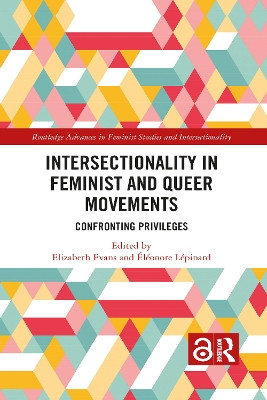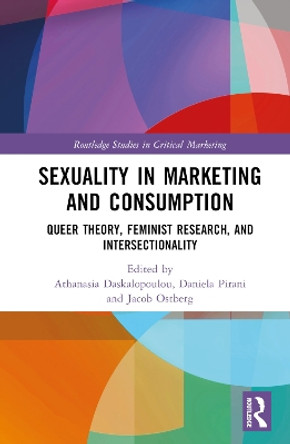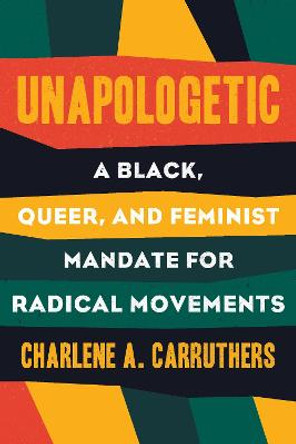Description
Examining the ways in which feminist and queer activists confront privilege through the use of intersectionality, this edited collection presents empirical case studies from around the world to consider how intersectionality has been taken up (or indeed contested) by activists in order to expose and resist privilege.
The volume sets out three key ways in which intersectionality operates within feminist and queer movements: it is used as a collective identity, as a strategy for forming coalitions, and as a repertoire for inclusivity. The case studies presented in this book then evaluate the extent to which some, or all, of these types of intersectional activism are used to confront manifestations of privilege. Drawing upon a wide range of cases from across time and space, this volume explores the difficulties with which activists often grapple when it comes to translating the desire for intersectionality into a praxis which confronts privilege.
Addressing inter-related and politically relevant questions concerning how we apply and theorise intersectionality in our studies of feminist and queer movements, this timely edited collection will be of interest to students and scholars from across the social sciences and humanities with an interest in gender and feminism, LGBT+ and queer studies, and social movement studies.
About the Author
Elizabeth Evans is Reader in Politics at Goldsmiths, University of London. She researches feminist activism, intersectionality and political representation and is the author of two books, the most recent compares third-wave feminisms in Britain and the US.
Eleonore Lepinard is Associate Professor in Gender Studies at the University of Lausanne. Her research focuses on feminist movements and theory, gender and law, intersectionality and gender and political representation.
Book Information
ISBN 9781032084404
Author Elizabeth Evans
Format Paperback
Page Count 312
Imprint Routledge
Publisher Taylor & Francis Ltd
Weight(grams) 444g





